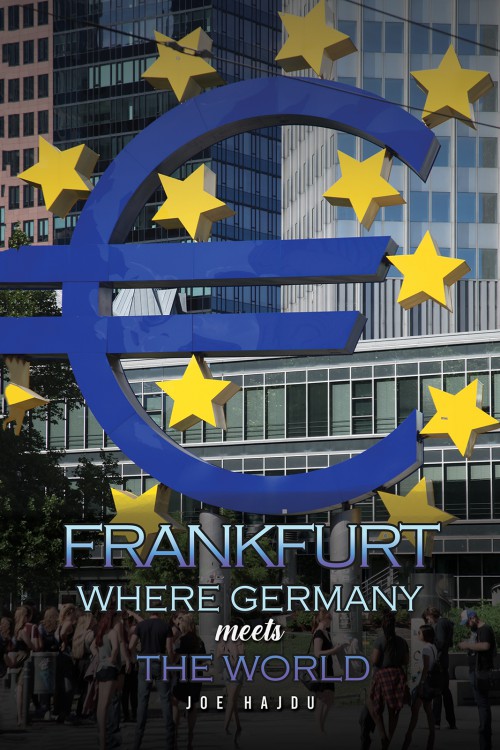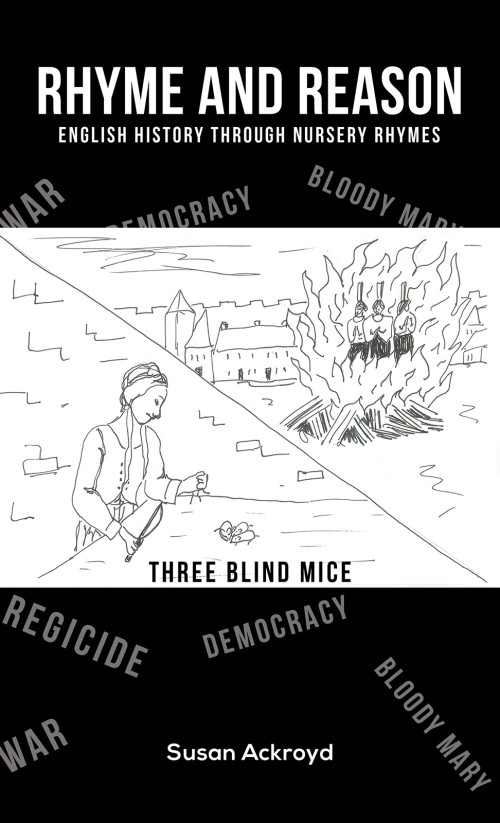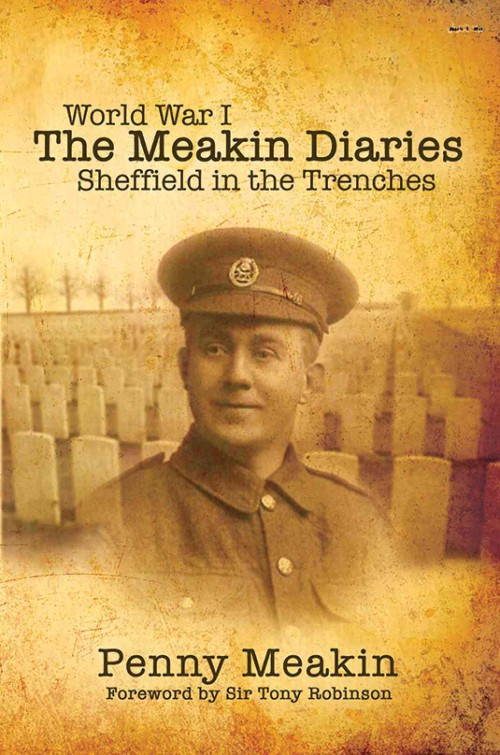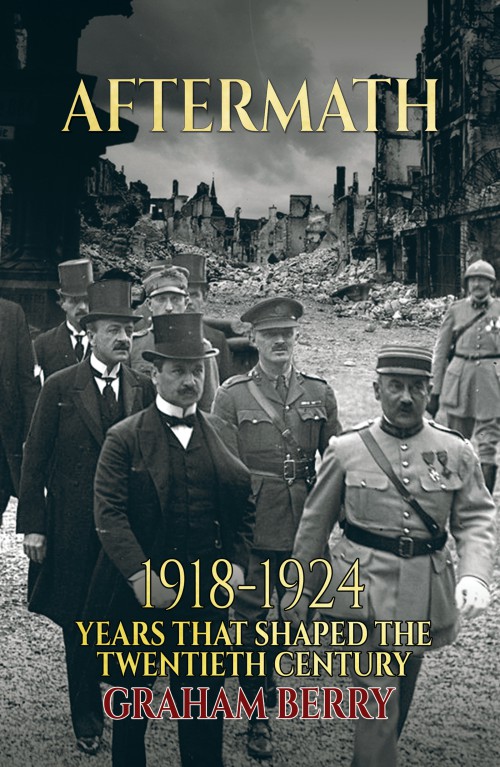-
Frankfurt: Where Germany Meets the World
Frankfurt is at the crossroads of Europe. It is where for a thousand years the major trade routes between Amsterdam-Milan and Paris-Moscow have intersected. Today it is where thousands of people arrive, depart and change flights every day. Trade, transport and finance have been the lifeblood of Frankfurt. But it has also been the home of an amazing series of people who have made their mark in Frankfurt, in Germany and if not the whole world. They include Johann Wolfgang von Goethe the Shakespeare of German culture, Sibylla Merian the pioneer of botanical art, Alois Alzheimer who gave his name to the degenerative illness, Käthe Paulus who invented the modern parachute and the philosopher Arthur Schopenhauer. The most famous citizen of Frankfurt has been the banker Mayer Amschel Rothschild, whose rags to riches story is one of the most astounding in all human history. Hajdu interweaves the life and work of these people with the history and present features of Frankfurt. The result is a rich tapestry of a fascinating and very colourful city.
£19.99 -
Rhyme and Reason
Why was a baby in a treetop? Who was Georgie Porgie, the little boy blue, Mary Mary? Little Jack Horner’s family continued to enjoy the plum property he took from those intended for Henry VIII, until the 20th century.
The 20 rhymes in this book show how parliament and king battled over taxation, the authority of kings, religion. Humpty played a part in the English Civil War.
Gain an understanding of history from medieval times through to the 1700s through these rhymes and their stories.
Understand how a nursery rhyme we recite today started life as a political comment and was passed down through the years until now we have forgotten the politics.
Parents, grandparents, and teachers will find the origin of these rhymes fascinating.
£6.99 -
World War One - The Meakin Diaries - Sheffield in the Trenches
In 1915, the newlywed Frank Meakin signed up to the new Sheffield City Battalion and joined the fight for King and Country in the First World War. Although diaries were forbidden during active service, Frank rebelliously and comprehensively kept one throughout his whole service - from 1915 until he was discharged in 1918, 22 days before his Battalion disbanded. Through these diaries we can see the horrors of life on the Western Front first hand; from the Battle of the Somme and its aftermath, to the horrendous conditions in the trenches and the disillusionment of these young soldiers. This is a prosaic and fascinating insight into the Great War through the eyes of a survivor, brought to life 100 years on.
£10.99 -
Aftermath
The years immediately after the Great War were a time of great political, social and economic change. The book seeks to examine how the actions and events of this turbulent period were shaped by the Great War and how they, in turn, helped to shape both the period between the wars and beyond. We are still experiencing some of these effects today. Starting with an in-depth analysis of how the Great War ended and the effects of the Treaty of Versailles, the book offers an overlapping insight into many aspects of the period, such as the Spanish Flu pandemic (so named because of censorship); women’s enfranchisement in Britain, their battle to retain the economic opportunities brought by the war and the revolution in women’s lives brought by Dr Marie Stopes; the collapse of the Liberals and the rise of Labour; the emergence of modern Ireland, including the role of the IRA; the shaping of the Middle East; the Bolshevik Revolution in Russia and the emergence of Communism in the twentieth century; the development of both American and British society in the aftermath of war. This was a period that can be truly said to have shaped the twentieth century.
£7.99




